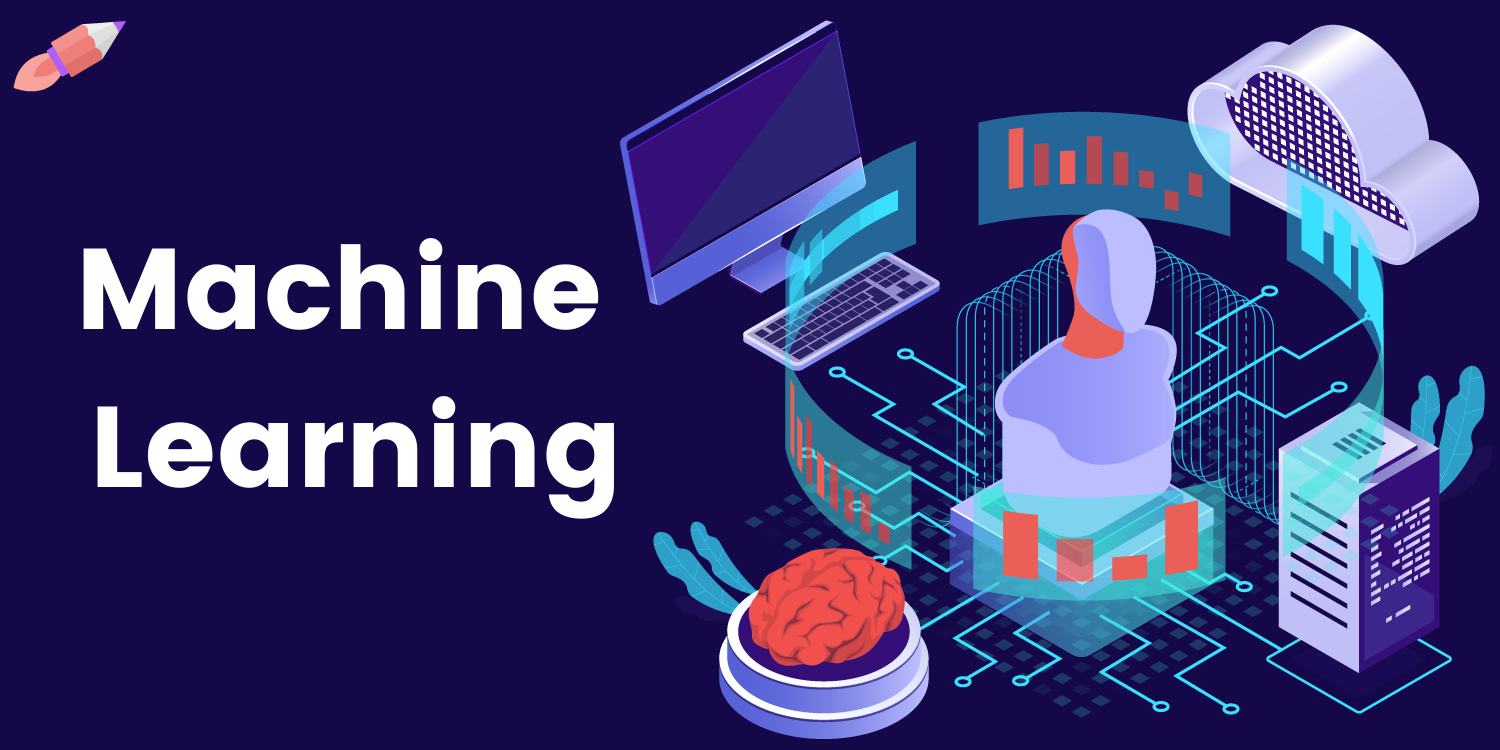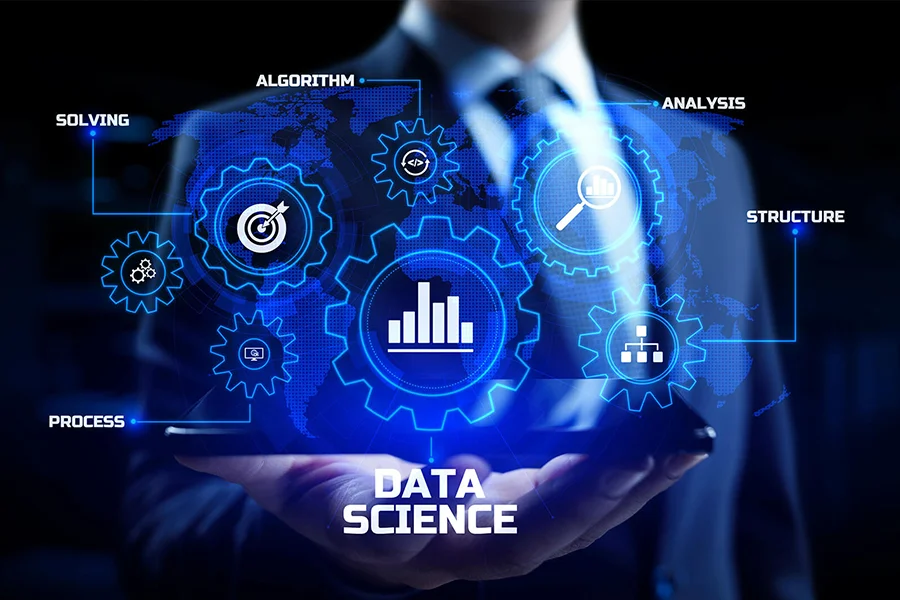Machine Learning and AI Specialization: Unlocking the Future of Technology
Introduction:
In today’s rapidly evolving digital landscape, Machine Learning (ML) and Artificial Intelligence (AI) have emerged as transformative technologies driving innovation across industries. From personalized recommendations on streaming platforms to autonomous vehicles and predictive healthcare analytics, ML and AI are revolutionizing how we live, work, and interact with technology.
What is Machine Learning and AI?
Machine Learning is a subset of AI that enables systems to learn and improve from experience without being explicitly programmed. It focuses on algorithms that allow computers to analyze data, learn from it, and make decisions or predictions based on patterns and insights. AI, on the other hand, encompasses broader capabilities to simulate human intelligence, including problem-solving, learning, and reasoning.
The Importance of Machine Learning and AI Specialization
As businesses and organizations increasingly rely on data-driven insights to gain competitive advantages, the demand for professionals skilled in ML and AI continues to grow. Specializing in these fields offers several key advantages:
- Innovation: ML and AI specialists are at the forefront of technological innovation, developing new algorithms and applications that enhance efficiency and drive business growth.
- High Demand: There is a significant shortage of qualified ML and AI professionals, leading to competitive salaries and abundant job opportunities across various sectors.
- Cross-Industry Application: ML and AI techniques are applicable across diverse industries, including finance, healthcare, retail, cybersecurity, and more, offering professionals the flexibility to explore different career paths.
Types of Machine Learning and AI Specializations
1. Natural Language Processing (NLP)
NLP focuses on enabling machines to understand and interpret human language. Applications range from virtual assistants like Siri and Alexa to sentiment analysis in customer feedback.
2. Computer Vision
Computer Vision involves teaching computers to interpret and understand visual information from the world. It powers technologies like facial recognition, autonomous vehicles, and medical image analysis.
3. Deep Learning
Deep Learning is a subset of ML that uses neural networks with multiple layers to learn and extract complex patterns from large datasets. It has revolutionized areas such as image and speech recognition, natural language processing, and medical diagnostics.
4. Reinforcement Learning
Reinforcement Learning focuses on training agents to make sequences of decisions through trial and error in order to maximize rewards. Applications include robotics, game playing (e.g., AlphaGo), and autonomous systems.
Education Pathways in Machine Learning and AI
To pursue a career in ML and AI, various educational pathways are available:
1. Bachelor’s Degree
A bachelor’s degree in Computer Science, Mathematics, Statistics, or a related field provides foundational knowledge in programming, algorithms, and data structures essential for ML and AI.
2. Master’s Degree
A master’s degree specializing in ML, AI, or Data Science offers advanced coursework in machine learning algorithms, deep learning, statistical modeling, and practical applications through projects and internships.
3. Ph.D.
A Ph.D. in ML or AI focuses on research and advanced theoretical concepts, preparing graduates for academic careers, research positions in industry, or leadership roles in AI-driven companies.
Online Courses and Certifications
For professionals looking to upskill or transition into ML and AI, online courses and certifications offer flexible learning options:
- Platforms like Coursera, edX, and Udacity offer courses taught by leading experts from universities and tech companies.
- Specialized certifications in areas like TensorFlow, PyTorch, and machine learning algorithms validate skills and enhance career prospects.
Career Opportunities in Machine Learning and AI
Professionals specializing in ML and AI can pursue diverse career paths, including:
- Machine Learning Engineer: Develop and deploy ML models and algorithms.
- Data Scientist: Analyze complex datasets to extract insights and drive decision-making.
- AI Research Scientist: Conduct research to advance AI capabilities and applications.
- AI Product Manager: Lead the development and implementation of AI-powered products and solutions.
Future Trends in Machine Learning and AI
Looking ahead, the future of ML and AI promises exciting advancements:
- Ethical AI: Addressing issues such as bias, fairness, and transparency in AI systems.
- Edge Computing: Bringing AI capabilities closer to devices for real-time processing and decision-making.
- Interdisciplinary Applications: Integration with fields like IoT, healthcare, finance, and environmental sciences to tackle complex challenges.
Conclusion
In conclusion, specializing in Machine Learning and AI offers a gateway to a dynamic and rewarding career at the forefront of technological innovation. Whether you’re a student exploring educational pathways or a professional looking to advance your skills, the opportunities in ML and AI are vast and promising. Embrace the journey of learning and discovery in these transformative fields, and contribute to shaping the future of technology.
For more information on Machine Learning and AI specialization, explore our resources or contact us today.




Post Comment